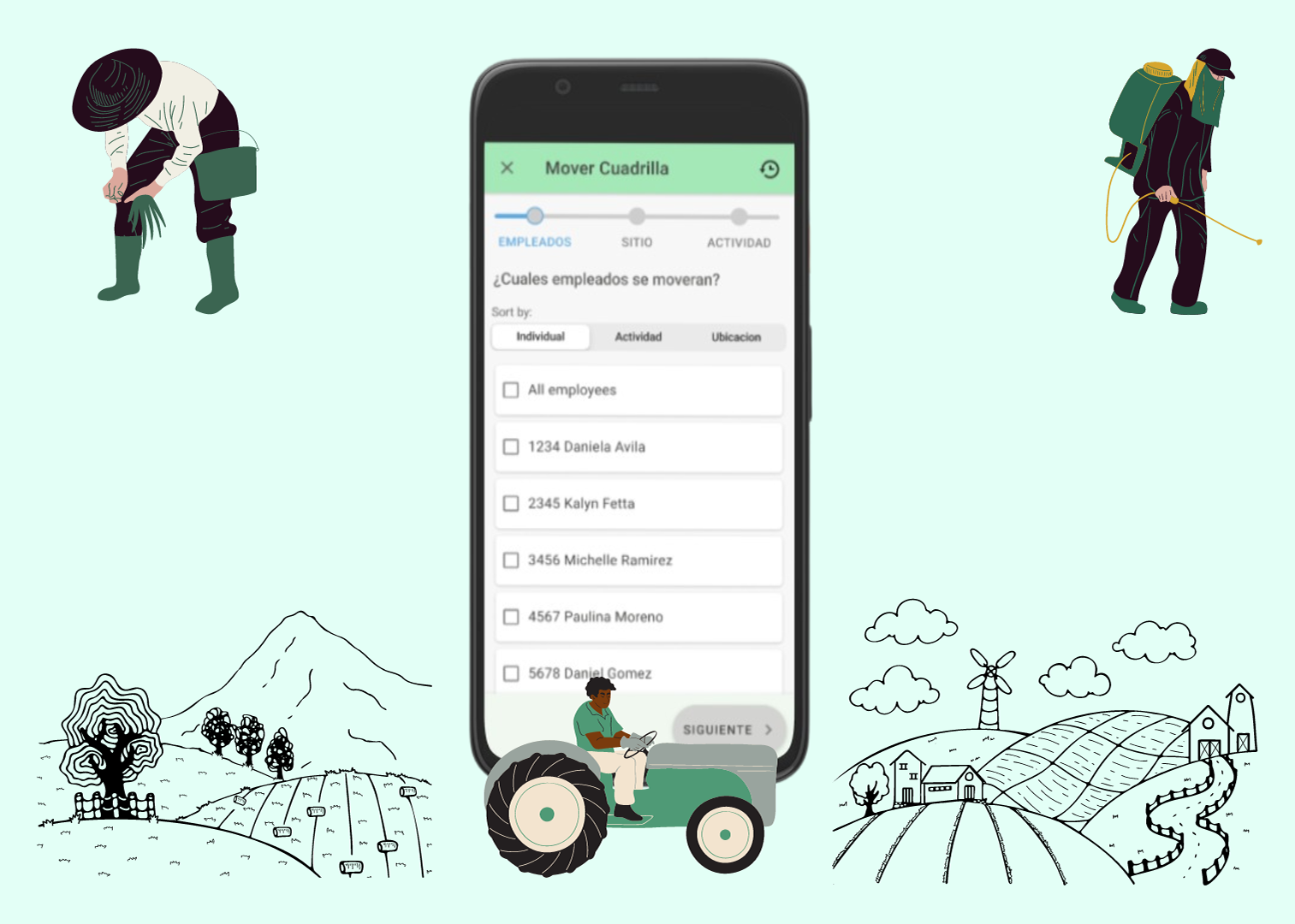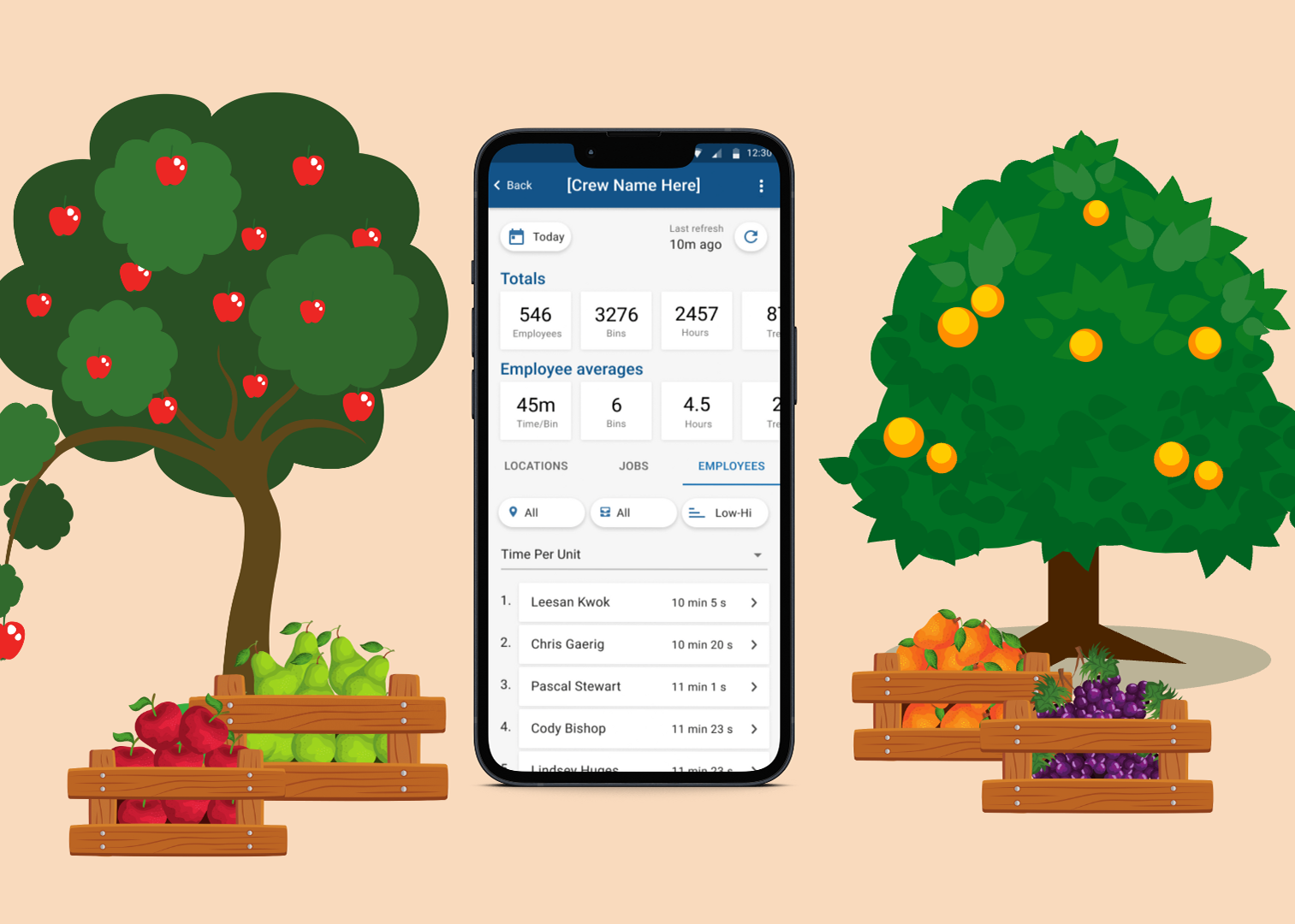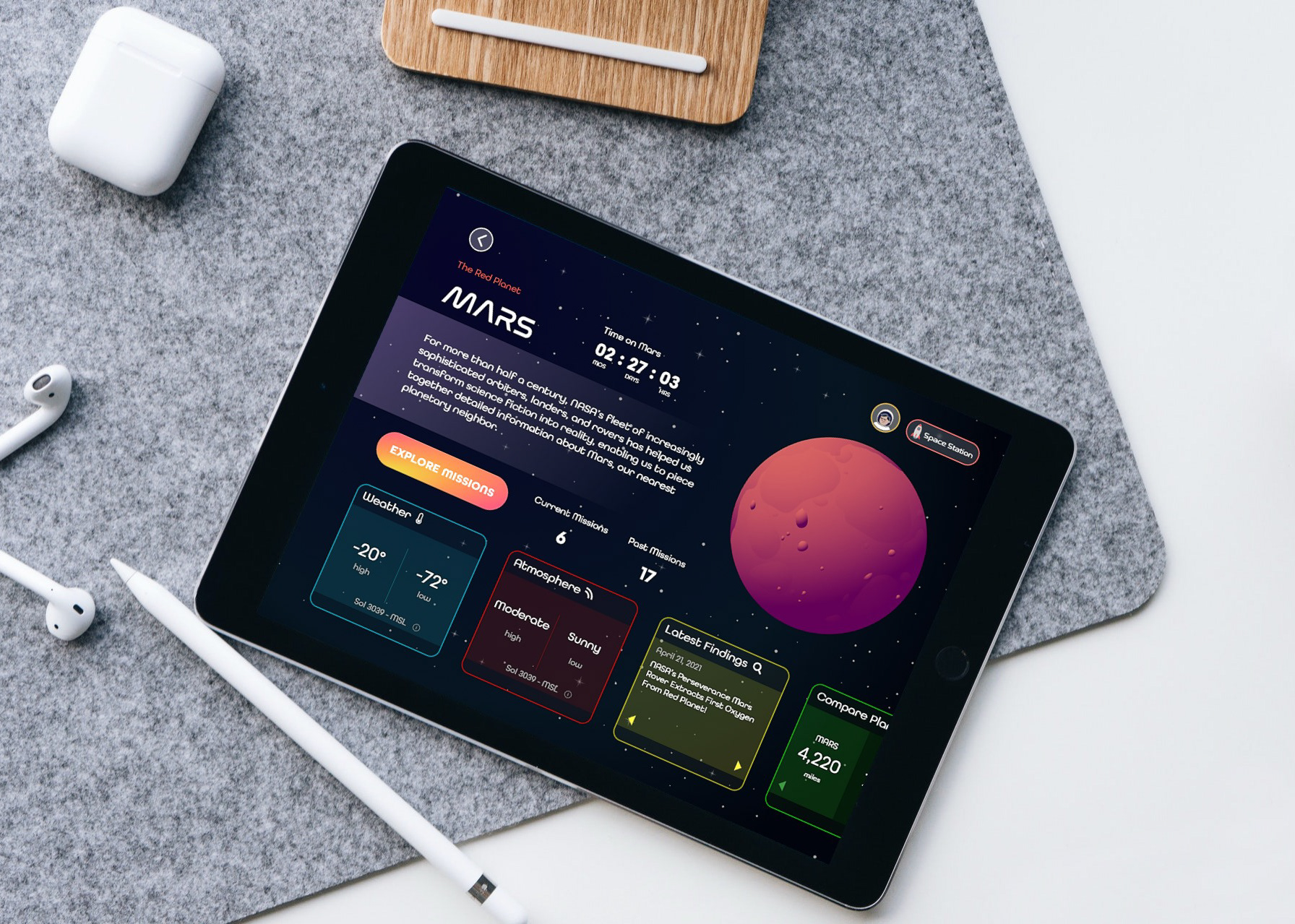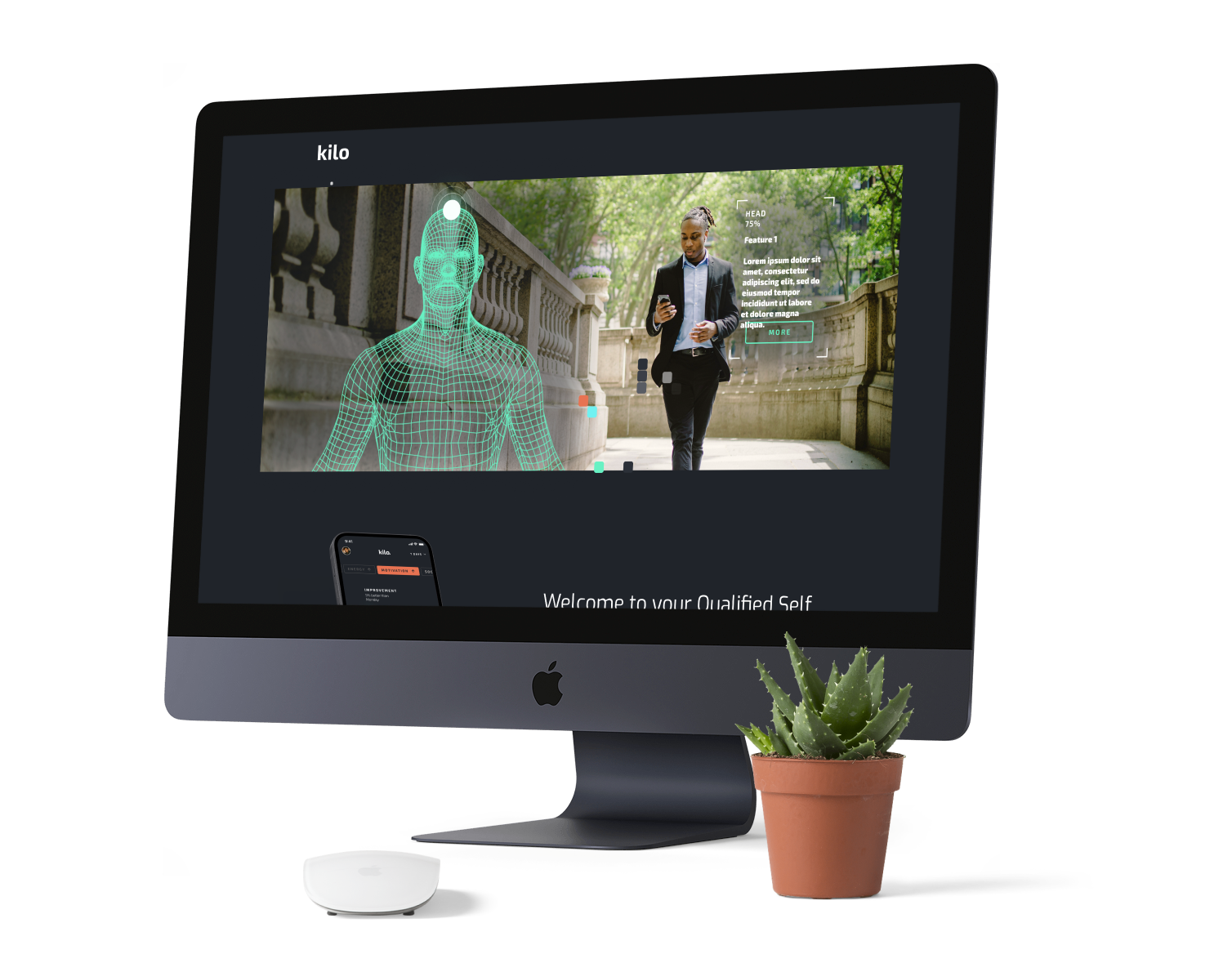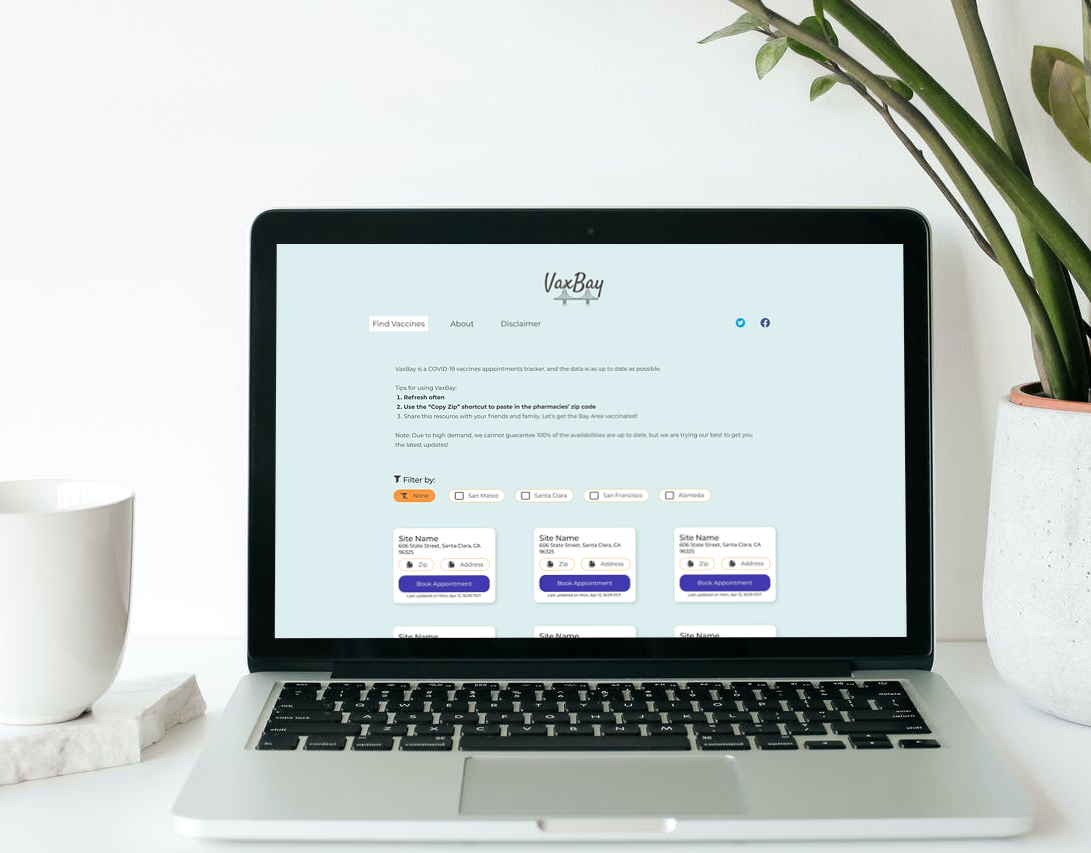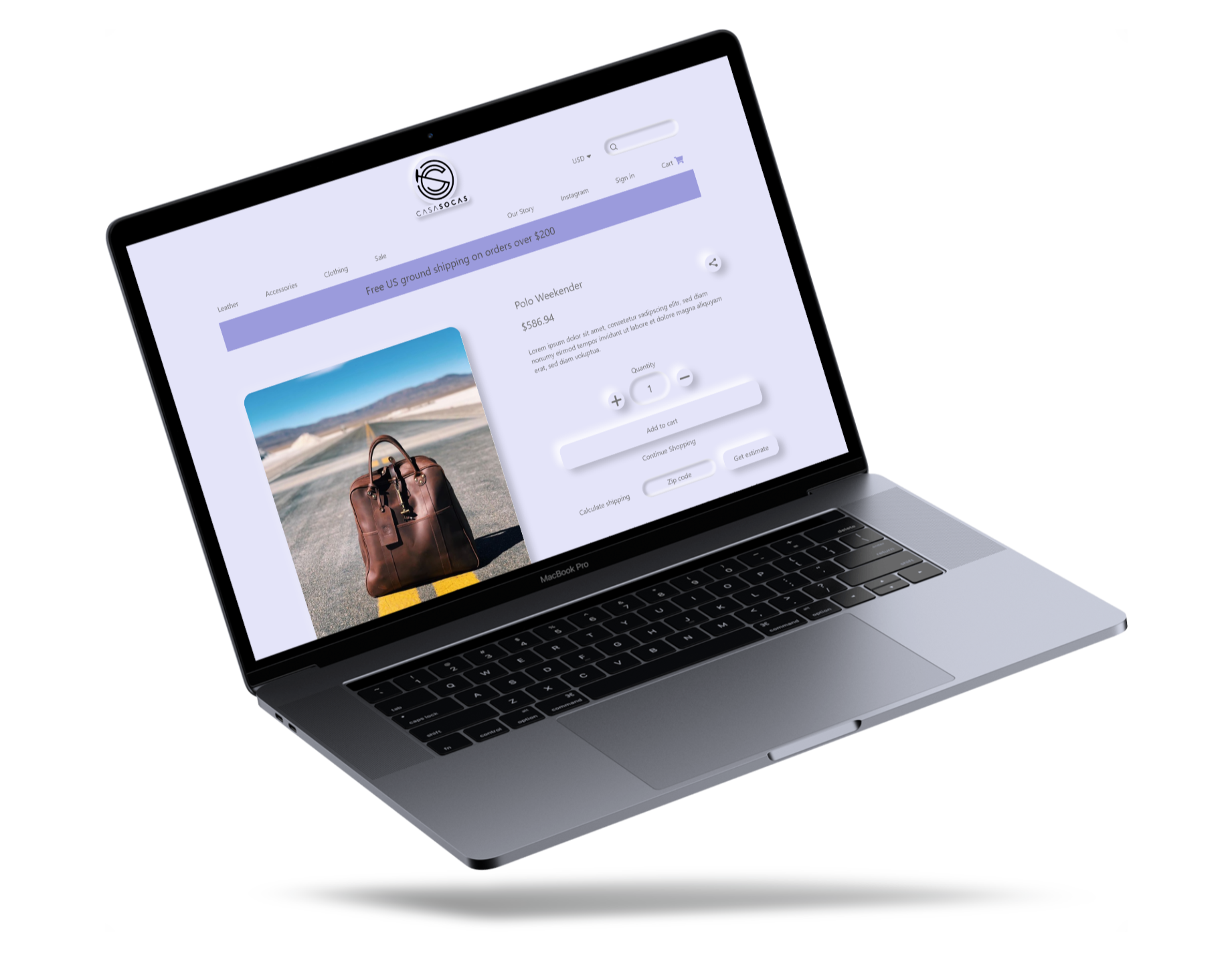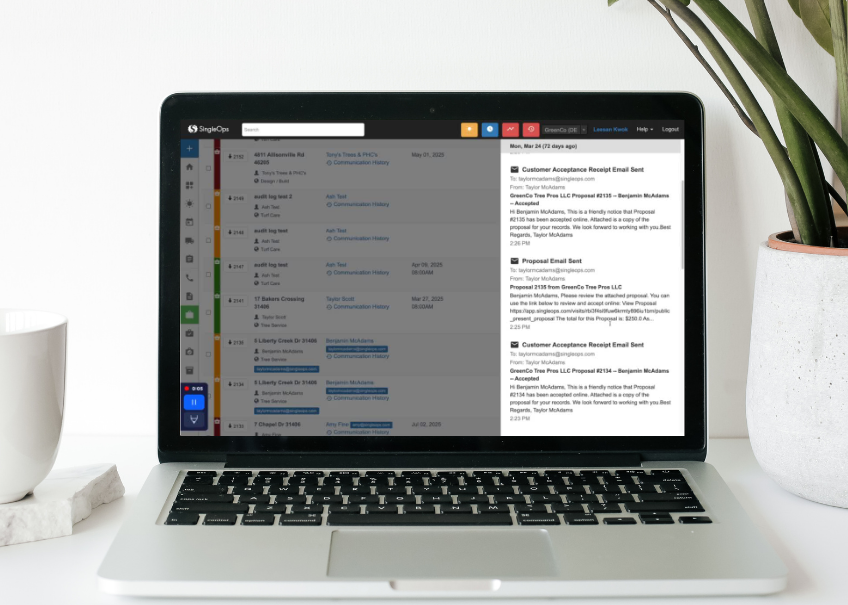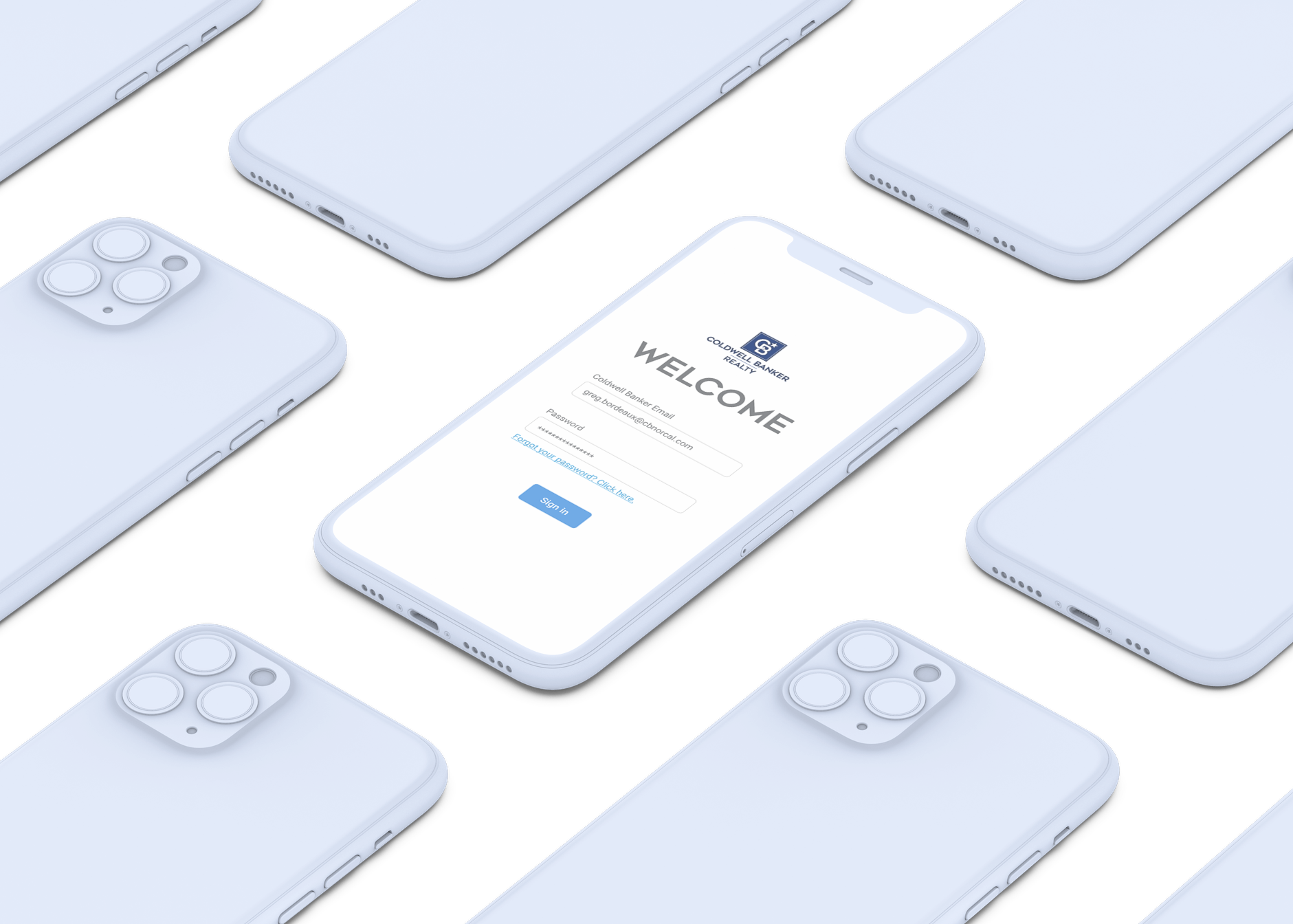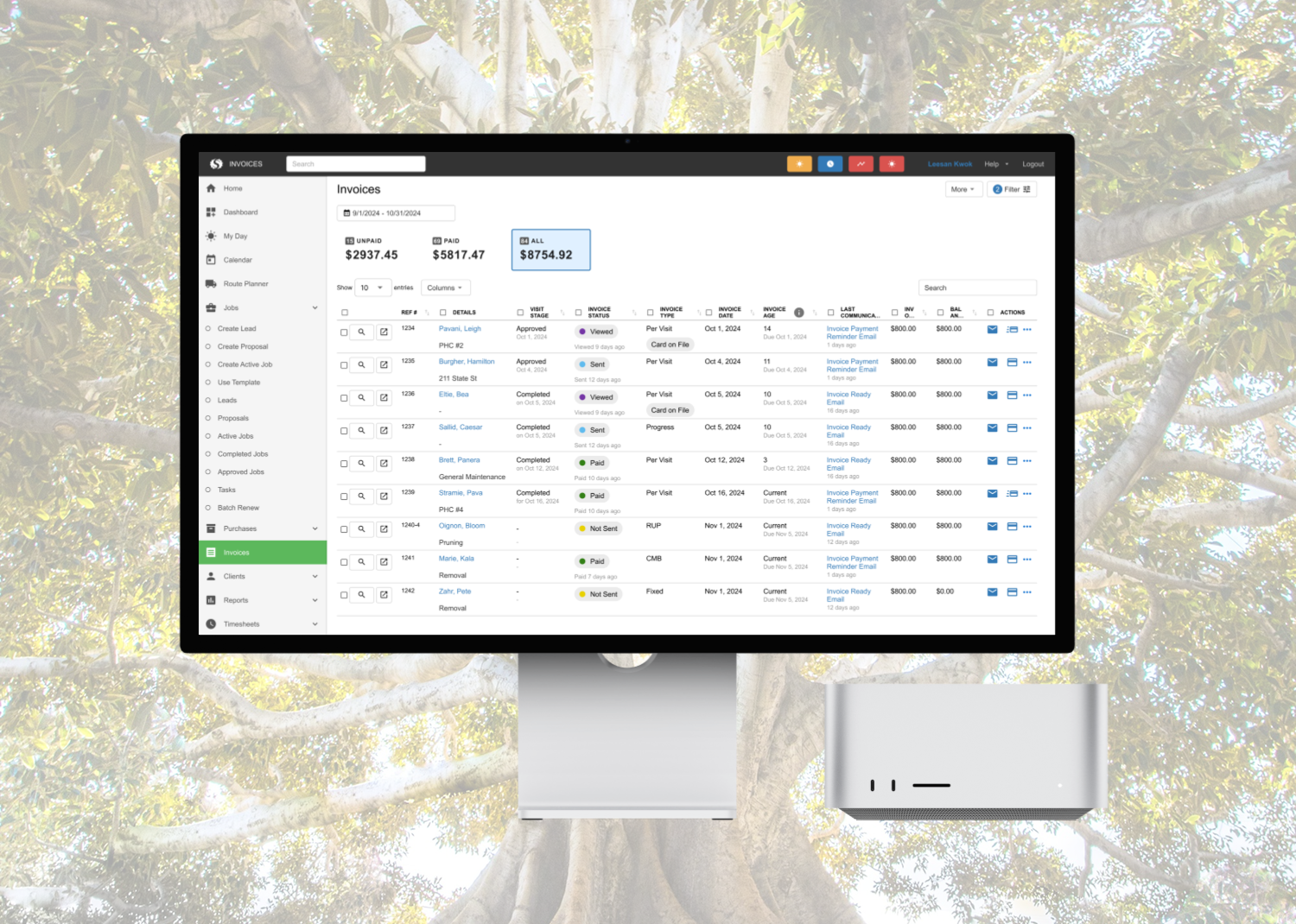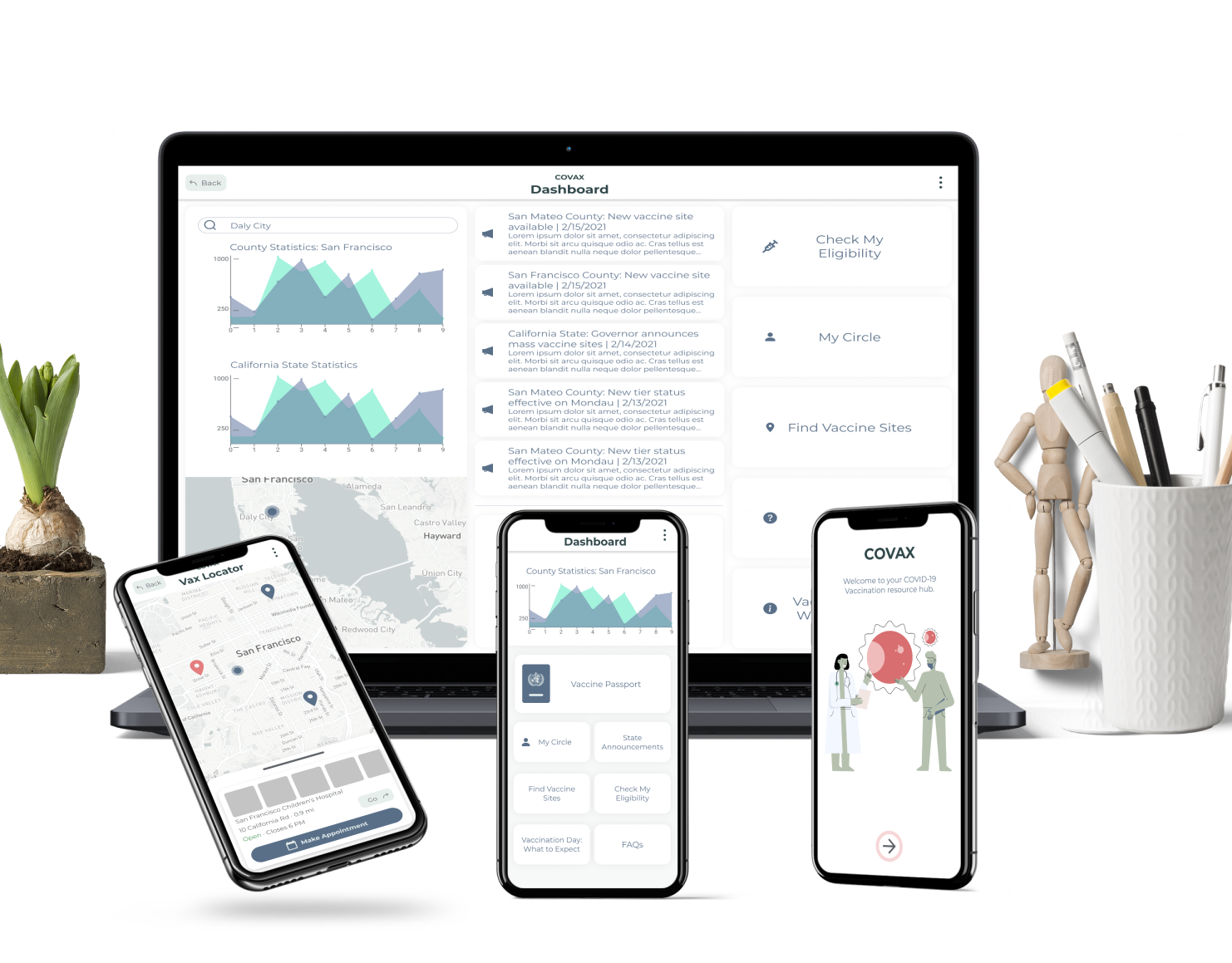Role UI Designer
Duration 4 days
Responsibilities Identify user problems, ideate solutions, define task flow, high fidelity rapid prototyping, wireframing, visual design, delivered in development-ready Zeplin file
In August 2020, I participated in my first hackathon: the Open Water Fall Cohort 4-day hackathon. With a team of 4 Developers, 2 Product Managers, and myself as the UX/UI Designer, we came up with a MVP called "The Clinque Collective". Our product aims to connect mentors and mentees in specific subject areas and courses to each other to facilitated a productive and effective education environment in today's virtual learning world.
"The Clinque Collective" came in 3rd place in the hackathon.
Connecting in a Virtual World
Problem:
Mentorships play an important role in many university students' academic career and beyond. Under the current circumstances (COVID-19 and virtual learning), students are robbed of opportunities to meet like-minded potential mentors in person.
Solution:
The Clinque Collective is a networking website that connects potential mentors and mentees together. Based on coursework keywords, users get matched with mentor recommendations. These mentors could be anywhere in the world and are comfortable and confident in helping mentees navigate specific subjects. Our platform allows mentees to request meetings with our system-recommended mentors. Mentors have the power to decline or accept such requests.
Layout Design
Stylized representation of the product
Main side navigation panel with secondary side panel for notifications, requests, and message previews. The main side panel is there constantly to give the illusion that users never leave the landing page.
This format mirrors platforms that users are familiar with-- Gmail, Outlook, Facebook, etc.
Mentor cards include information on their area of expertise, experience level, institution, location, and time zone. The cards expand to reveal 3 methods of contact and communication: Voice, chat, or video.
Future Recommendations
Due to time constraints, I was unable to conduct user research and user testing. If this product were developed in a regular design sprint, here are some questions and actions I would take and features I would research:
User questions:
What qualities do you look for in a mentor?
What is your preferred method of communication?
How comfortable are you with accepting help?
How comfortable are you with asking for help?
What do you think having a mentor can bring to your academic and professional development?
A/B Testing:
The conversion rate between
Mentees reaching out to mentors VS.
Mentors reaching out to mentees
Mentees joining a mentor's group VS.
Mentors adding mentees to their group
Features:
Grouping by personal interests and locations instead of coursework
Rating system for mentors
Subject.course-specific forums lead by mentors
Peer review system for school projects
